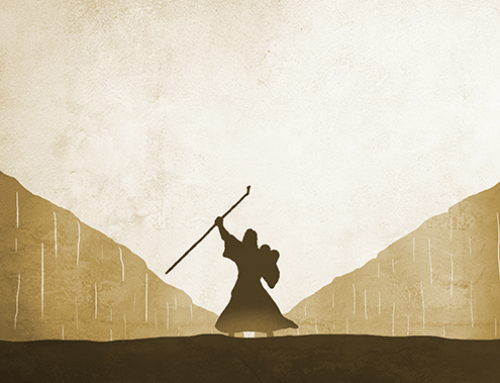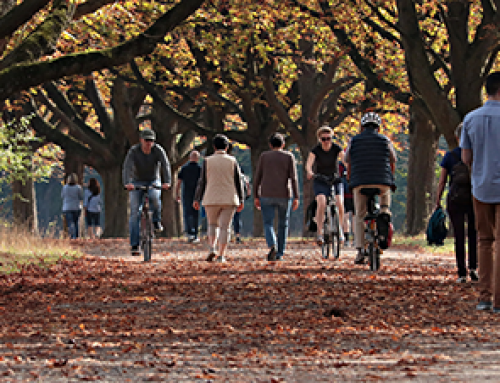 Freedom is a concept that is often misunderstood.
Freedom is a concept that is often misunderstood.
In America, we consider freedom, or liberty, to be one of the defining attributes of our nation and we fight vehemently to keep the hard-earned freedoms that our founding fathers provided for us. We hear references in the news to the many civil rights we enjoy in this country, and sometimes we argue over exactly how far those rights reach. But as cherished and dearly purchased as those civil rights may be, to me, freedom means much more than having civil rights.
Freedom consists on many levels. For example, we often speak of freedom in reference to external circumstances:
- Civil liberties or civil rights are freedoms granted by governments. In America, our Constitution and Bill of Rights grant us certain rights and responsibilities and our government is entrusted with the duty to protect and administer those rights.
- Permissions are freedoms granted by those in authority. For example, parents grant freedoms to their children, teachers to their students, employers to their employees, military officers to their subordinates, and so on.
- Freedom from physical restraint is a more personal experience of external freedom. Lack of freedom due to imprisonment or human trafficking are extreme examples, but freedom may also be physically restrained due to medical or other social conditions.
When it comes to external freedoms, we Americans sometimes forget that our freedoms are dependent on others. If civil liberties can be granted, they can also be taken away. In many nations around the world, people do not enjoy the civil liberties we often take for granted. We forget or do not understand–sometimes by choice–that permissions are given as privileges, not inalienable rights. We may need to earn those privileges or actively work to maintain them. And although loss of freedom from physical restraint may sometimes be a consequence of our choices and actions, restraints may just as easily result from circumstances beyond our control.
We also sometimes forget that freedom cannot exist without limits or boundaries. The civil liberty of any one person must end where the civil liberty of the next person begins. The idea that freedom means to be entirely without constraint is based on the fallacy that the freedom to choose means that I can choose not only my actions but also the consequences of my actions. The truth is that actions and consequences are connected. If I choose an action, I am also choosing the consequence of that action, or at least the possibility of that consequence.
There is a freedom, however, that can never be taken away. It is the freedom we have in Jesus Christ. Here’s what Jesus said,
“If you continue in My word, then you are truly disciples of Mine; and you will know the truth, and the truth will make you free.” They answered Him, “We are Abraham’s descendants and have never yet been enslaved to anyone; how is it that You say, ‘You will become free’?”
Jesus answered them, “Truly, truly, I say to you, everyone who commits sin is the slave of sin. The slave does not remain in the house forever; the son does remain forever. So if the Son makes you free, you will be free indeed.” (John 8:31-36, NASB)
When Jesus talked about freedom, the people responded just as we probably would. They were thinking about external, physical freedom and said, “Hey, we’ve never been enslaved by anyone!” But Jesus was talking about something internal. He was talking about slavery to sin. Sin is like an addiction. It compels you to think and act in ways that feed the addiction. If you have ever promised yourself, “I’ll never do that again!” and then turned around and done exactly what you promised yourself not to do, or if you have done or said something almost without thinking that you immediately regretted, that is the compulsion of sin.
Jesus came to set us free from the power of sin that feeds an endless cycle of regret.
Pastor Cindy
[Continued in Freedom: Claiming Your Freedom]





Love this, I can’t wait to read the next installment!
I enjoyed this, especially about the internal freedoms!